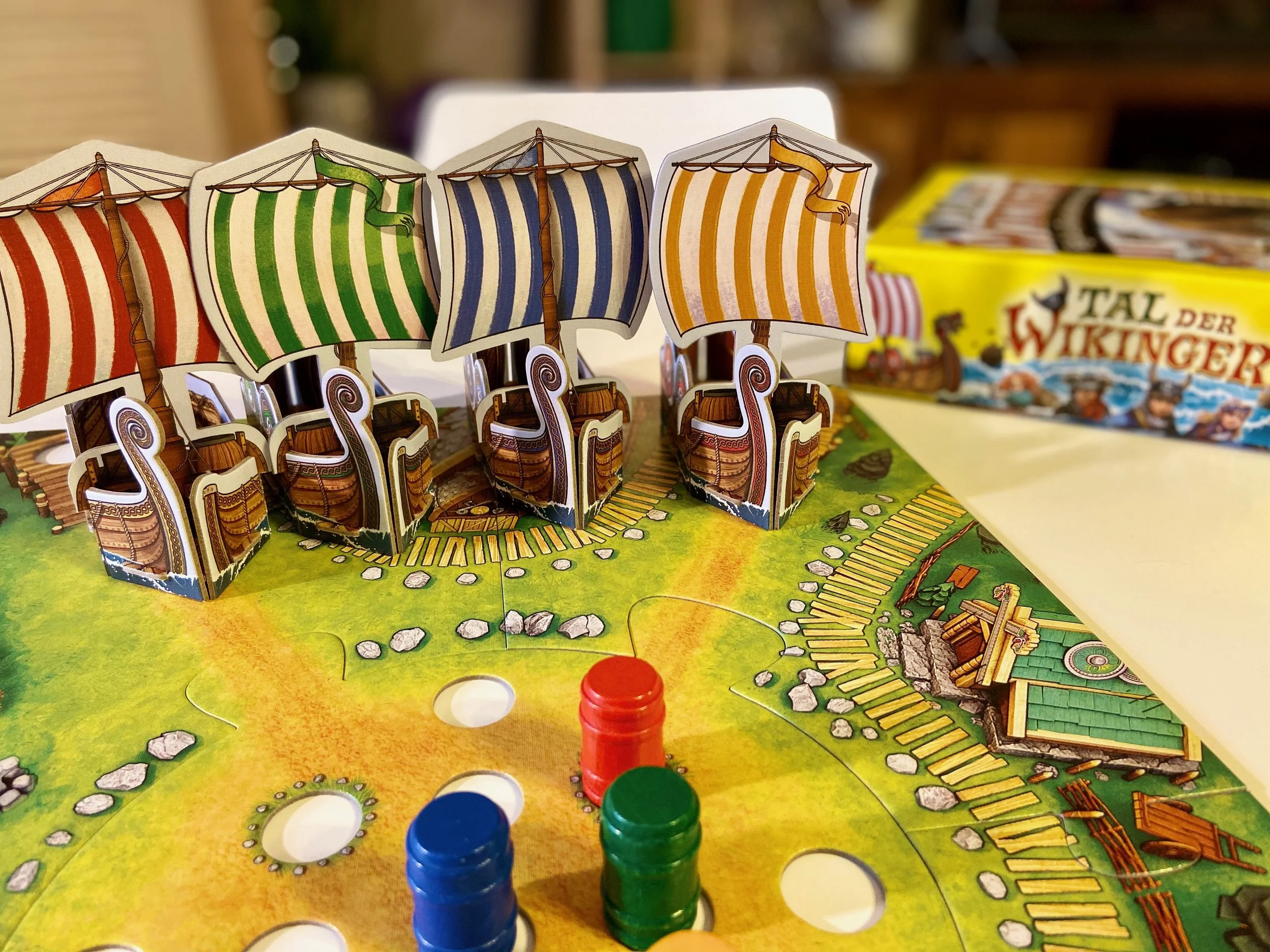Can You Praise Your Child Too Much?
Our son is currently taking a ninja class. It’s a lot like taking a gymnastics class, except the gym is full of obstacles like the ones you see on the show American Ninja Warrior. It’s also turned out to be an awesome father/son bonding opportunity because we go to family night once a week and mess around in the gym together.
The classes are designed around different stages you’re trying to pass, and they string several obstacles together into an entire course. To pass the stage, you have to finish the course without any mistakes. About once a month, everyone gets a chance to pass the next stage. And, amazingly, our son has passed every single stage on his first attempt every single time.
Now, I am very high on the importance of building self-confidence in kids, and I think feeling like a successful ninja is great for our son’s self-esteem. But I just wouldn’t be me if I didn’t sit back and completely overthink what the best response from Dad should be after our son experiences successes like that. Is it possible to praise kids too much - or maybe praise them the wrong way?
When it comes to praising our kids, my philosophy is two-fold.
ALWAYS Promote a Growth Mindset with Your Praise
CONSTANTLY Remind Your Kids about Your Unconditional Love
Basically, I always want any praise I give to be worded in a way that supports a growth mindset in our kids, as opposed to a fixed mindset - and I’ll elaborate on that below. Additionally, no matter what, I want to overemphasize that I’ll love them no matter what - even if I start to sound like a sappy broken record.
Since I’m always such a strong proponent of building up things like confidence, imagination, empathy, and excitement about life in our kids - it might come as somewhat of a surprise that I advocate for a bit of tempered-excitement when it comes to praising kids for their accomplishments. But, for me, it’s about nurturing a longterm sense of perspective and promoting happiness.
Growth Mindset vs Fixed Mindset
When it comes to creating lifelong learners with a healthy dose of intrinsic motivation and rock-solid self-confidence, there is absolutely nothing more important than having a growth mindset. People with a growth mindset are well-equipped to achieve any goal in life they wish to achieve, while people with a fixed mindset will struggle when faced with challenges for the rest of their lives.
Having a growth mindset means that you believe you can grow and learn new things through hard work and practice, while having a fixed mindset means you believe you are simply blessed with talent or not - and there’s nothing you can do about it. It’s easy to imagine how that fixed mindset will hold you back in places like school, but it can also be a huge detriment to your ability to enjoy life and pursue whatever hobbies you’re interested in.
The interesting thing to me is that, quite often, it’s not struggling students who are most at risk at developing a fixed mindset - it’s often the kids who aren’t struggling at anything. When things tend to come easily for kids early in their lives, it’s very tempting for them to believe they were born good at things and they won’t have to work hard. But if that attitude isn’t addressed, you better believe they’re often the first ones to quit when they find something they aren’t good at.
So that’s what I’m talking about when I say that I want any praise I direct towards my kids to be worded in a way that supports a growth mindset. Oftentimes what that means for me is making conscious substitutions all the time. The most famous substitution is completely eliminating the phrase “you’re so smart” and replacing it with some variation of “you’ve worked so hard on that.”
So when I come home and hear that our son has passed a new stage in ninja class, I don’t say “Holy smokes you’re the best ninja ever!”. Instead, I might say “I’m so excited for you, because I know how much you enjoy it and I know you worked so hard!”. Words really do have a lot of power, and the last thing I want is for our kids to think that their innate talent should have any bearing on what they can do in life.
The Case for Unconditional Love During Praise
And that brings me to the second piece of my philosophy on praising kids - stressing the presence of unconditional love. This is an important one for me, because I’m a big proponent of perspective in life. And it breaks my heart to see kids and parents who seem to lose that perspective.
Kids shouldn’t grow up thinking that their parents’ love has anything at all to do with either academic or athletic success, but the most benign parents in the world fall into this trap every single day. Maybe some parents want to live vicariously through their kids. Maybe they even believe the successes of their kids reflect upon them. But I like to think that most parents are pure-intentioned and genuinely excited for their kids when they accomplish something. And, of course, it can be very hard not to sing the praises of your kids and lavish them with love when they succeed.
The problem is that - far too often - this grand display of excitement and pride and love shows up disproportionately more often around the times that the child succeeds at something that the parents arbitrarily care about. It seems like Mom and Dad always show me a whole lot of affection when I score a touchdown or bring home a good report card. Psychologically, it would frankly be a surprise if a child didn’t associate their parents’ love with their successes.
To combat this, I always act like a big, sappy goofball and slip in a line to my son like “you know I’d love you even if you didn’t pass” or “do you think my love depends on you beating stage 3 in ninja class?”. There’s never a wrong time to remind your kids about your unconditional love.
I like to imagine that, over time, this two-fold approach to praise will free our kids from trying to win approval from others. And it might also allow them to pursue their own interests with a healthy perspective on growth and failure, and help them find what makes them happy.
If you enjoyed this article, you might also enjoy:
Why Failing is Good for Kids
Should You Let Your Kids Win?
What’s your own philosophy on praising kids? Have you ever talked to your kids about a growth mindset? Let us know what you think in the comments!










